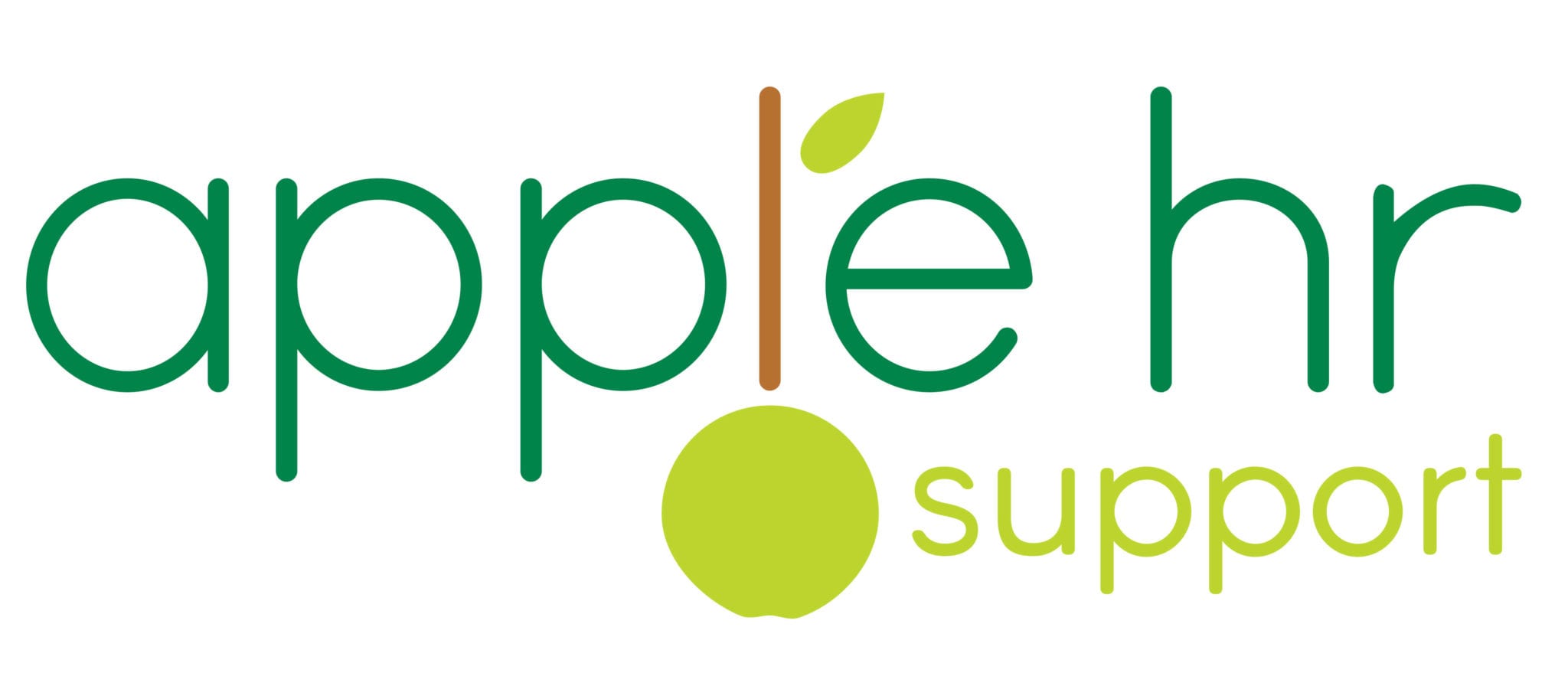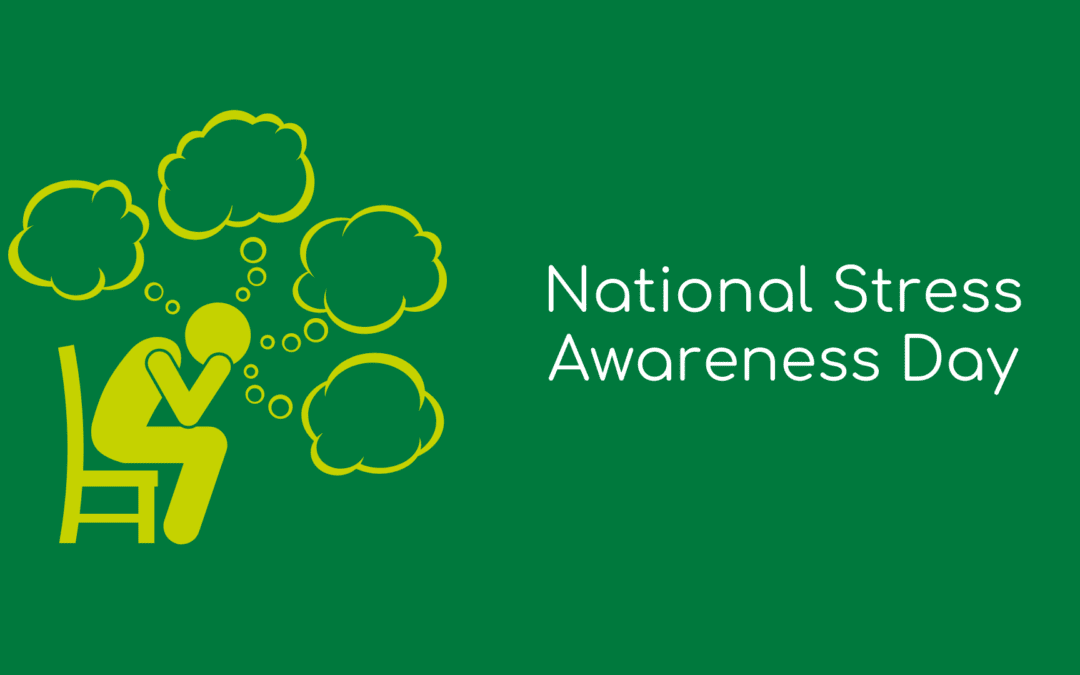4 November 2020 is National Stress Awareness Day and this year, more than any other, it is so important to be aware of and understand how we can limit stress in the workplace and our every day lives.
The last 8 months have been harder than anyone could have ever imagined. We’ve had ups and downs but mostly downs. We all know what it is like to feel stressed, anxious and overwhelmed with everything that is going on in the world. So at this time, most of all, it is so important to know how to manage stress, and everything else we are dealing with, to limit the chance of your mental and physical health being negatively affected.
National Stress Awareness Day aims to educate, raise awareness and reduce the stigma of stress while promoting the significance of well-being and stress reduction for individuals and within organisations.
What is stress?
Stress is a response, produced by the body, to the feeling of being threatened or under pressure.
Why is it important to reduce stress in the workplace?
Stress can become overwhelming if not dealt with. This can then lead to other mental, emotional and physical health problems such as anxiety & depression, headaches, insomnia and an upset stomach.
Studies suggest that the high levels of cortisol from long-term stress can increase blood cholesterol, triglycerides, blood sugar, and blood pressure. These are common risk factors for heart disease.
When levels of stress continue to increase further, it can affect every aspect of your life: creeping into work, relationships and family life and affecting all of the people around you.
However, if we have adopt techniques for stress management, ongoing problems can be avoided and the effects of stress limited.
Stress in the workplace
Obviously, not all stress is bad.
It can, sometimes, help you to stay focussed and on track. But it’s important to know the difference.
There are many examples of stressful situations in a working environment, such as:
- Pressure at work – to perform, to meet deadlines, to work with others you may not like
- Fear of redundancy
- Lack of control over how you do your work
These are just a few examples of work related stress.
How can employees better equip themselves to deal with stress and how can employers make it easier for them?
Employees should try to:
- Reach out and talk to colleagues or family members
- Support their mental health with nutrition and exercise
- Get enough sleep
- Organise and prioritise
- Speak to your manager about any concerns you have at work – if you have too much going on,perhaps reducing work on your to do list could help.
- Flip negative thinking
Employers should try to:
- Communicate with employees 1-to-1
- Deal with workplace conflicts positively
- Offer rewards and incentives where appropriate
- Be mindful of and avoid unrealistic deadlines
- Create a Stress Awareness Space for staff to share their thoughts and feelings about when and how they feel stressed while at work
Further Help
If none of the above has worked, and an employee is still struggling there are other options. An employee may take stress-related sick leave. This is exactly the same as being on sick leave for any other illness, therefore sick pay is still required.
A company should strive to maintain regular contact with an employee on stress-related sick leave to keep them up to date with any changes which may occur.
Further Resources for Employers to Help Manage Stress in the Workplace
See guidance from the Health and Safety Executive on stress risk assessments and management standards
You can also download a free copy of the HSE’s Tackling Stress Workbook
National Stress Awareness Day Event
Today you will find a comprehensive program of on-line events to support and provide further information. These will include:
- Online Seminars
- Stress Awareness Summits
- Interactive Chats
- Social Media Hashtagged Events
For more information please visit www.mind.org.uk
Other articles you may find useful from our blog:
Handling Difficult Conversations At Work
10 Covid Friendly Employee Engagement Ideas



